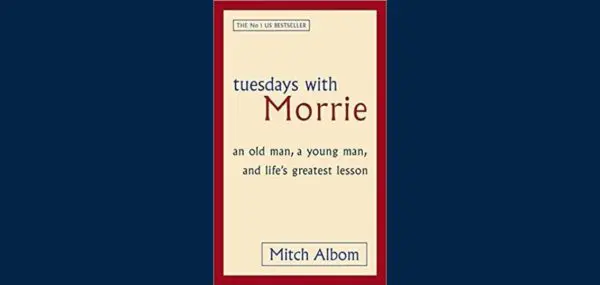As the parent of a teenage son diagnosed with autism spectrum disorder (ASD) and other cognitive difficulties, I have written about books that fall into the trap of using autism as a plot device. Many novels about autism treat it as shorthand to suggest characteristics such as savant, mysterious, or cold in a way that doesn’t healthily reflect the neurodiverse people who actually have such disorders.
The good news is that there are a number of books for teens, often written by neurodiverse authors, which feature protagonists with ASD, and integrate it into their plot in a way that truly diversifies young adult and middle grade literature.
Books with Neurodiverse Characters
1) Queens of Geek by Jen Wilde
Taylor, an anxious girl diagnosed with ASD, and her friend Charlie, a famous vlogger-turned-actress, travel from Australia to the U.S. to attend “SupaCon,” a fictional comic conference. Taylor has to deal with her panic attacks and fear of crowds, as well as being close to one of her secret crushes. Her ASD is integrated into this engagingly written YA novel, so it’s part of the story but not the main focus. The book features an all-female cast and is perfect for teens who enjoy geek and tech culture and cosplay.
2) Marcelo in the Real World by Francisco X. Stork
Marcelo has an unspecified neurocognitive disorder that presents like Asperger’s syndrome. He is on the high end of the functioning scale in his school for children with disabilities. But he’s about to age out, and his father wants to push him into the real world, which is really where the story begins. The first-person present narration gives the reader an interesting perspective of being inside the character’s head.
3) Temple Grandin: How the Girl Who Loved Cows Embraced Autism and Changed the World by Sy Montgomery
For readers who enjoy nonfiction, this biography is a fascinating look into the childhood of Temple Grandin. It describes how she experienced meltdowns and didn’t speak and was eventually diagnosed with ASD, but she still grew into the author and animal rights advocate we know today. The book is supplemented with Grandin’s photographs and drawings of her inventions. School Library Journal calls the book a “lively, well-worded narrative.”
4) State of Grace by Rachael Lukas
Like Queens of Geek, State of Grace centers on a neurodiverse teenage girl trying to fit in. Grace has a diagnosis of ASD and also has an auditory processing disorder. Here is a sample of how her character describes her disorder:
“I can’t hear very well and now my brain’s doing that thing it does where it sort of goes on a
delay
so
when
someone
speaks
I
watch their mouth move but the processor takes a moment to translate the words and by the time I’ve caught what they mean they’ve started to say something else.”
5) Colors Beyond Clouds: A Journey Through the Social Life of a Girl on the Autism Spectrum by Shana Belfast
This is a particularly raw and honest biography about what it’s like to live as a teenager with ASD. Shana Belfast writes about her experiences with having a level of ASD that isn’t always immediately apparent. She describes navigating life throughout her childhood and into high school—wanting to do theater, dealing with bullies, coping with disappointments—all while dealing with the extra challenge presented by her ASD.
6) The Reason I Jump: The Inner Voice of a Thirteen-Year-Old-Boy With Autism by Naoki Higashida
This memoir of sorts was an instant sensation in the U.S. when it was translated from the author’s original Japanese. It answers a lot of questions about ASD from the perspective of a teenage boy diagnosed with severe autism at the age of five. A beautiful writer who would otherwise be thought of as low-functioning, Higashida also wrote Fall Down 7 Times Get Up 8: A Young Man’s Voice from the Silence of Autism, an inspiring sequel to The Reason I Jump. Fall Down is the equally powerful story of how he continues to overcome his formidable challenges. His books will appeal to young adults whether they’re on the spectrum or not.
7) Ido in Autismland by Ido Kedar
In this engagingly written memoir, 16-year-old Ido Kedar describes his life with ASD. Ido is at the academic level of his peers, but his challenge is to convince others that he can do the work at school despite involuntary behaviors, like hitting or hair pulling, when he’s anxious. Many teens will relate to Ido’s issues, especially as he writes about them with such humor and clarity. The information he offers will also be refreshing to parents, siblings, and educators who have a teen with ASD in their life.





